 No matter how much we are bombarded with ‘Straya Day’ promotion, I can never surrender to the nationalistic hysteria surrounding the celebration of Australia day each year. I guess at heart I’m just not a flag waver.
No matter how much we are bombarded with ‘Straya Day’ promotion, I can never surrender to the nationalistic hysteria surrounding the celebration of Australia day each year. I guess at heart I’m just not a flag waver.
It’s not that I’m against barbecues or eating lamb or welcoming new Australian citizens into the community but I just can’t ignore the fact that for the majority of the Aboriginal and Torres Strait Islander peoples, original inhabitants of our country, January 26th for them is ‘Invasion’ Day and a day of great sadness and a reminder of how European settlement destroyed indigenous communities and left us with the heritage to this day- “the brutalisation of black youth in detention, the murder of men and women in custody, the theft of children from families, the destruction of Aboriginal lands to feed corporate profits, the apartheid NT Intervention, the forced removal of communities.”
This year we have seen public opinion begin to swing in the direction of respecting Indigenous sensibilities and already a number of local councils have scrapped official Australia Day celebrations (despite the Liberal Opposition in Victoria this week threatening to make such changes illegal).
There’s a deeper issue here that I believe we still need to face up to and that our nation’s failure has been to appreciate what dispossession of a life and culture actually means for the nations that preceded European occupation and how this may begin to be redressed. And why are we still just ‘beginning’?
There’s no point in repeating the shameful statistics on indigenous health, incarceration or disadvantage or bemoaning our inability to ‘close the gap’, although these are important facts that underline true disadvantage, despite perhaps many signs of individual indigenous success.
I believe, along with many indigenous leaders, that the government’s recent failure to act on the Uluru Statement from the Heart was truly both a callous and contemptuous neglect of a marvelous opportunity to make a difference. Although some may prefer to believe that practical policies are far more important that mere statements, the Uluru Statement did in fact represent a change of mood and approach in Australian race relations.
This Statement was the culmination of a long period of consultation between government decision-makers and many indigenous communities. Unusual in Australian politics, the Aboriginal and Torres Strait Islander peoples were actually being asked to give their opinion on policies that would affect their own lives.
There was at last some indication that the power of decision-making might truly begin to be transferred into the hands of those actually affected, rather than the patronizing ‘trickle-down’ policies favoured by governments until now.
Transferring decision-making to affected communities and giving them the power to create their own future is a crucial principle in community development. I saw this principle being put into action when I worked with poor rural communities in the Philippines in the 1970s.I saw the effects of gradually dismantling what was an unjust feudal system that had existed for hundreds of years in the Philippines.
Church and State under Spanish colonizers in the sixteenth century had established a system where poor peasants became victims of greedy landlords, worked like slaves to grow the wealth of their feudal masters and were at the same time victims of the Catholic Church’s intimidating laws, with guilt and punishment the typical weapons of power.
Under the influence of theories like Liberation Theology and with the assistance of groups such as The Federation of Free Framers, I witnessed gradual changes in structure where ‘those in charge’ (Church hierarchy) actually listened to the poor’s needs and ‘allowed’ them to be responsible for making whatever changes seemed necessary.
I was part of a movement establishing what were called ‘Gagmayng Kristohanong Katilingban’ (Small Christian Communities) that saw leaders chosen by the peasant class given the power to establish their own small communities that in turn attempted to respond to real needs of the poor and disadvantage.
Traditional leaders like me (white and privileged) stepped aside, ‘allowed’ and facilitated a different type of church structure, led by peasant farmers and searching for solutions to everyday needs and to redressing injustices. The crucial action for those of us who had been the decision-makers was to step back, listen and ‘allow’ something different to emerge, take a less powerful role.
The movement was often slow and prone to failure but overall I saw what did happen when decision-making was transferred to those most affected. People were allowed to make their own mistakes and learn from them, to be in charge and no longer subservient ‘slaves’ to those who thought they knew better.
I believe that the Uluru Statement was an historic opportunity to initiate some change of power but was sadly and cruelly squashed by the LNP government. For some callous reason our own Prime Minister actually misrepresented what the Uluru Statement was asking for after their lengthy consultation.
I believe that until we as a nation do actually listen and respond to Aboriginal and Torres Strait Islander peoples when such opportunities arise, we will never ‘close the gap’ or begin to understand the effects of that invasion on January 26th 1788. We must listen properly and have the courage to take advice when it is offered. Will there be another such opportunity offered by the Uluru Statement? Sadly it may take many more years of disadvantage. #InvasionDay2018

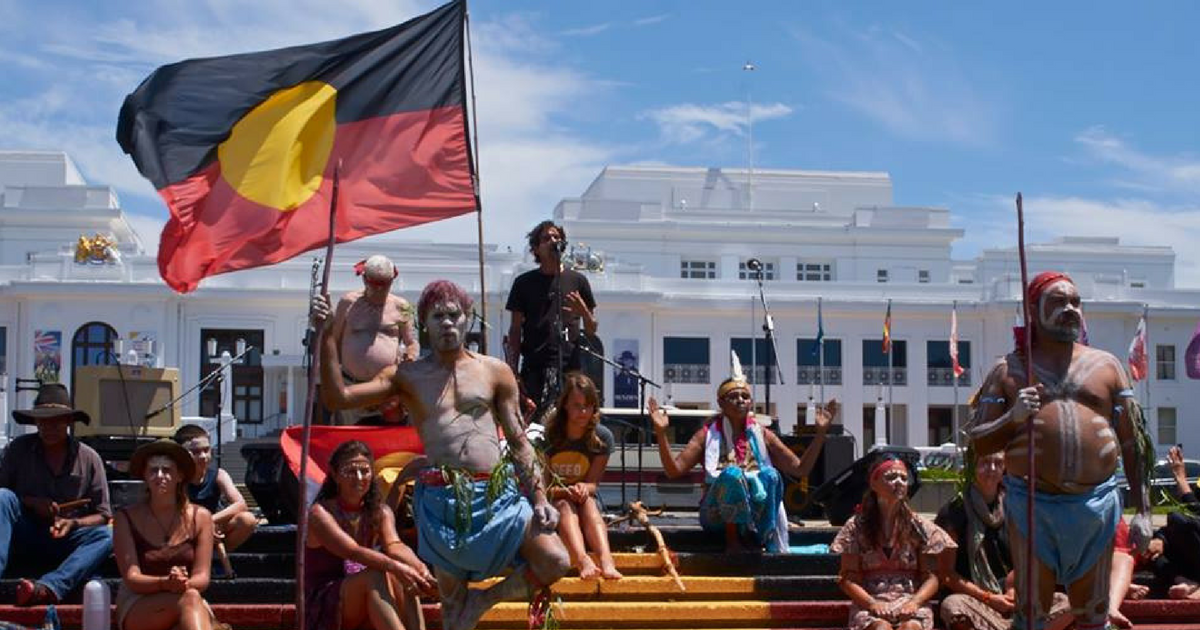
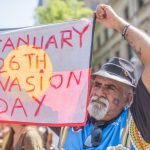

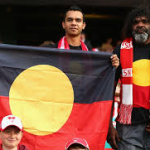

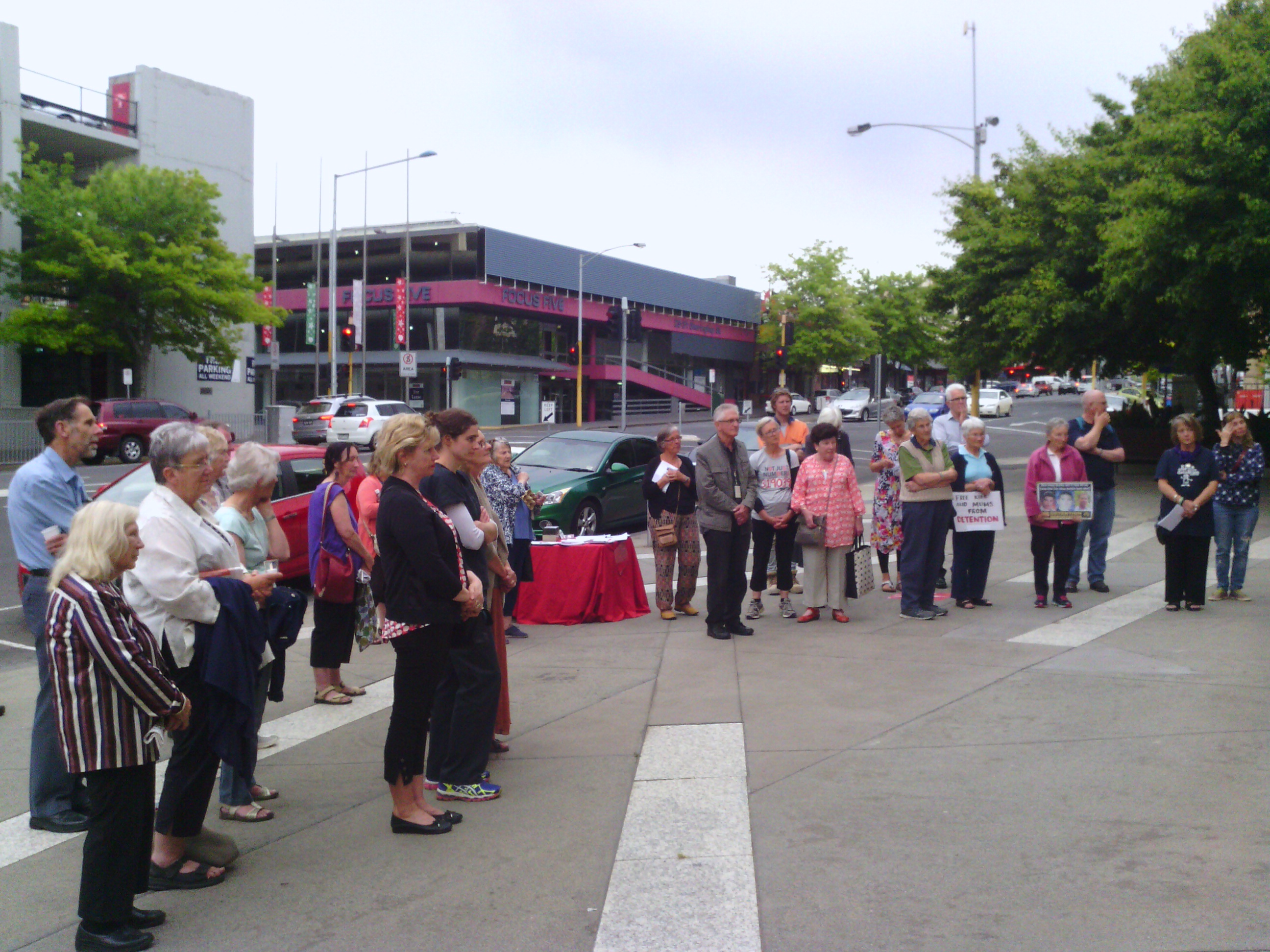
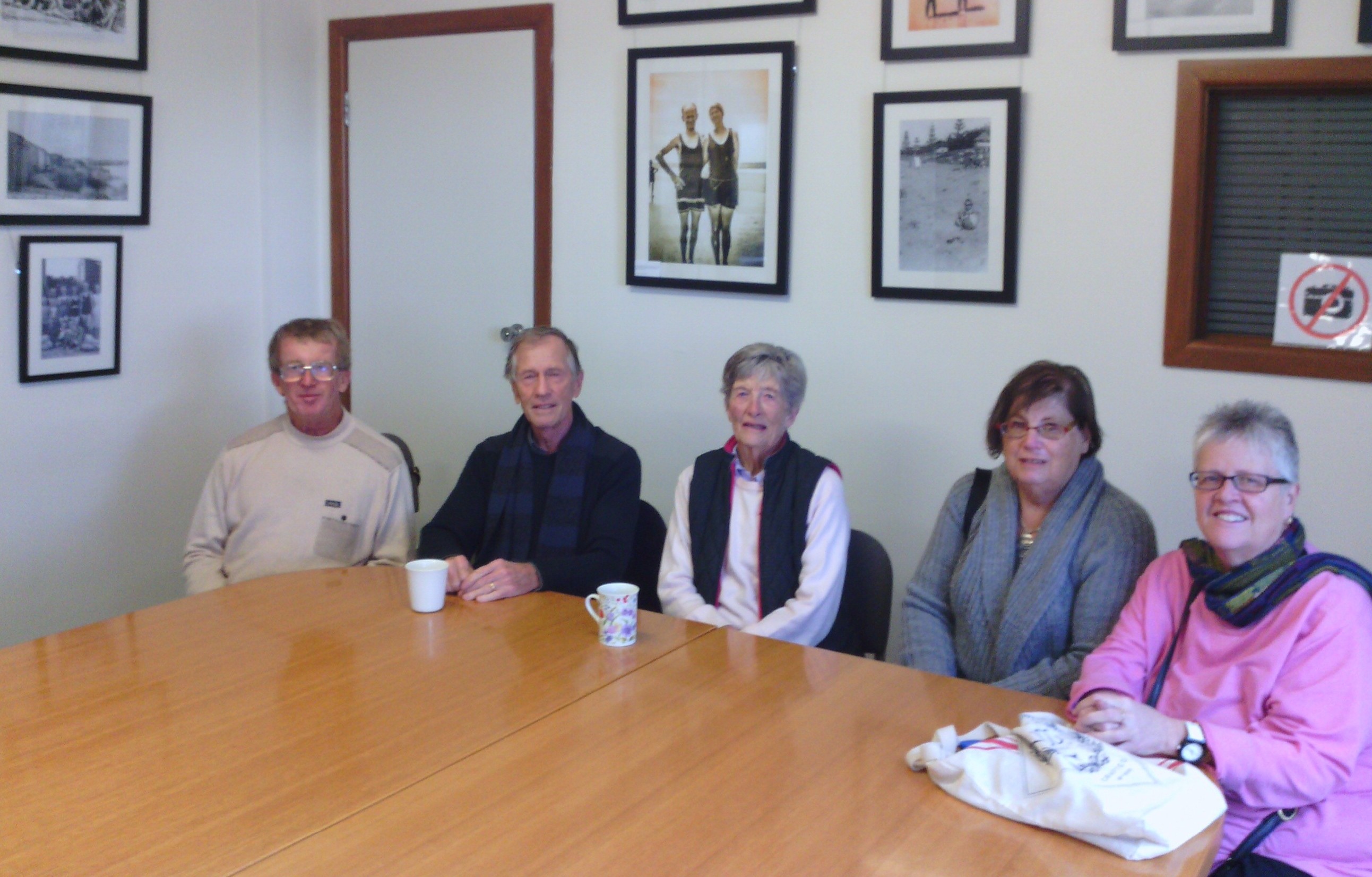
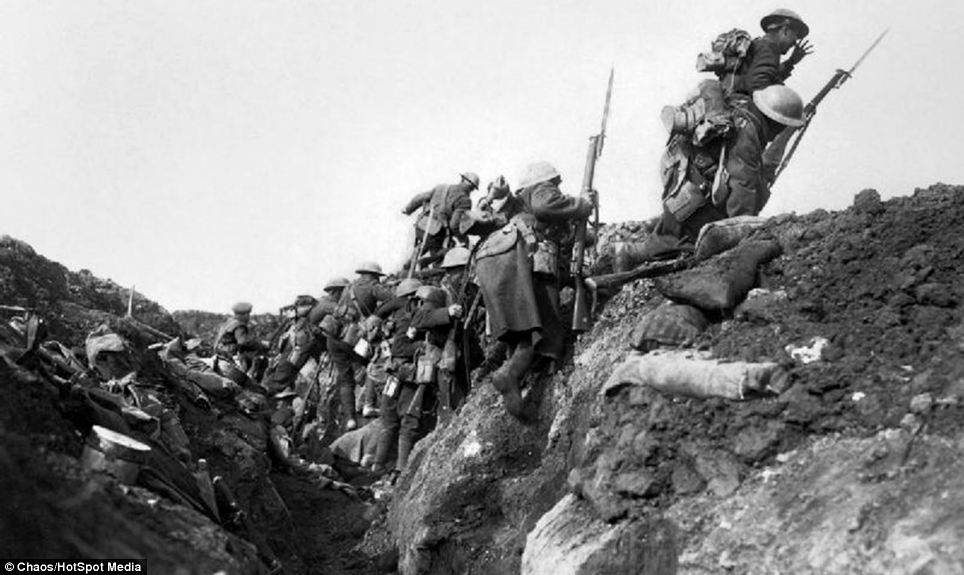
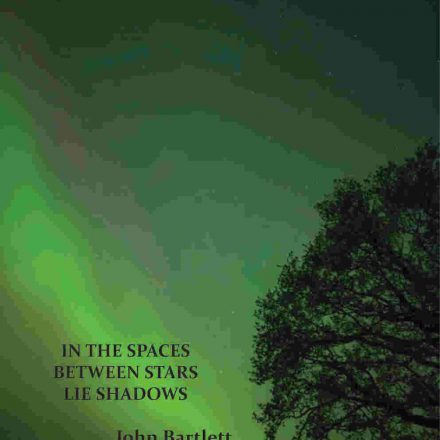
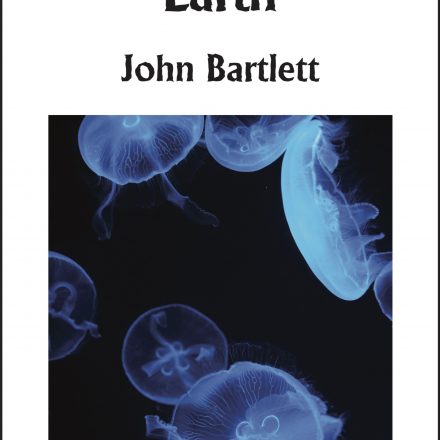
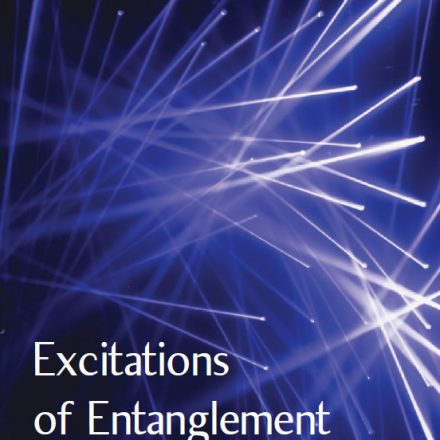
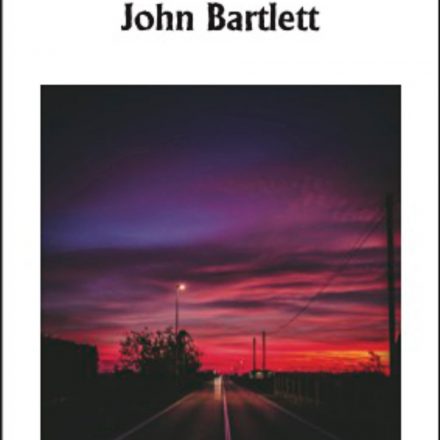
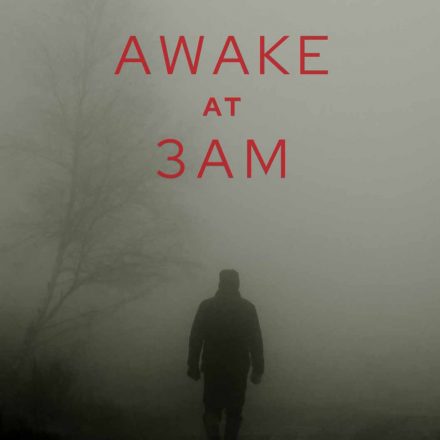
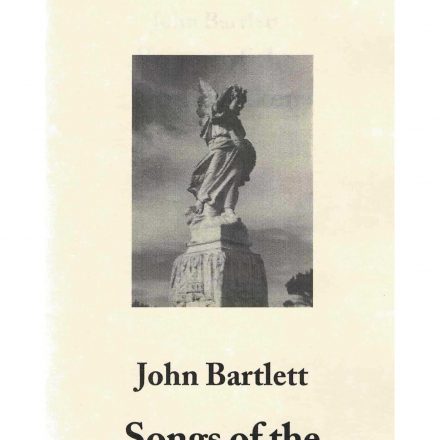


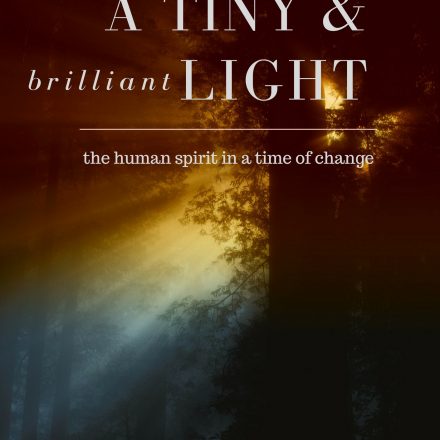

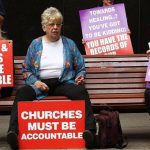
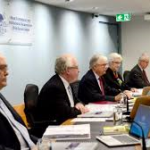







Thank-you for the post, John, particularly your example of the Philippines.
Well said/written,John…By the way, i cannot remember any ” AUSTRAL
IA Day” when I was a kid….and did we ever seen Australian flag except on ANZAC Day? [ which at lease has some sort of historical significance….but let’s not get into militaristic chauvinism!]
I’ll have a PIZZA for lunch and a Vietnamese-style stir-fry for tea…
Bernard P Ryan [ Host, 94.7fm “The Blurb”,2-4pm Tuesdays.]